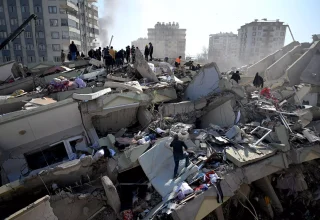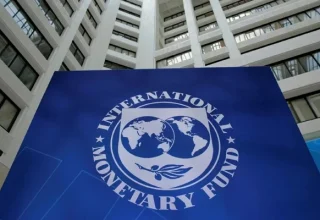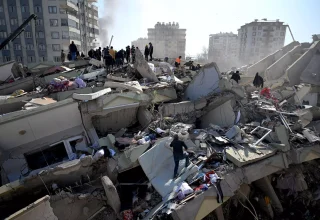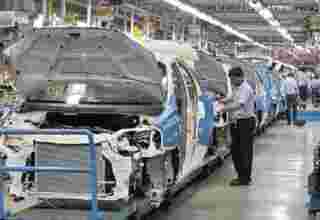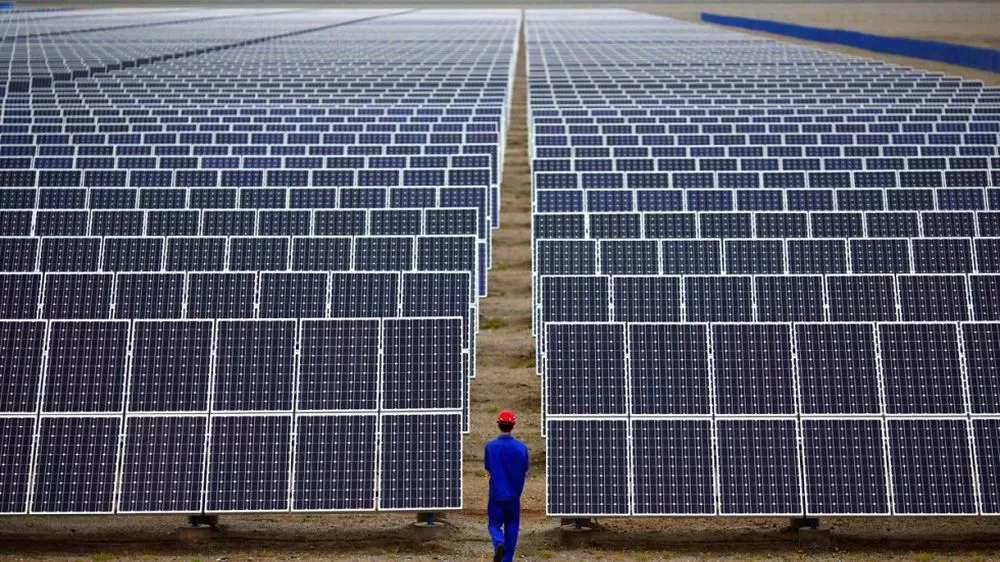
ISLAMABAD, August 1(ABC): Chinese companies Jinko Solar and JA Solar, together with another company, will provide photovoltaic cells/panels and other related equipment for the establishment of a solar photovoltaic power plant with an installed capacity of 1.931-megawatt peak (MWp) in Punjab, reported on Monday.
The National Electric Power Regulatory Authority (NEPRA) on July 29 granted a generation license to GSOLAR Power (Private) Limited (GSPPL) for its photovoltaic-based solar plant in Mauza Bahuman, Tehsil Pindi Bhattian, District Hafizabad, Punjab. GSPPL will supply/sell the electricity to Crescent Bahuman Limited (CBL) as Bulk Power Consumer (BPC).
“The Authority has observed that the company plans on installing PV cells/panels from Tier-I manufactures including Jinko Solar, JA Solar (and) Renesola,” according to NEPRA documents.
Jinko Solar Holding Co., Ltd is one of the world’s largest solar panel manufacturers, headquartered in Shanghai, China. Similarly, JA Solar Holdings is another solar development company based in Shanghai. The feasibility study shows that the company will be installing a total of 3576 Panels/Modules of 540 Wp each.
According to official documents, GSPPL has confirmed that a deal for the purchase of PV Cells of JKM54OM-72HL4-V has been “locked with Jinko Solar where the manufacturer has assured an average capacity factor of about 16.57%”.
NEPRA believes that GSPPL’s proposal to install a PV-based power generation facility will result in the optimum use of RE that is currently untapped, resulting in pollution-free electricity.
According to NEPRA, solar power is an indigenous resource and such resources should be given preference to ensure energy security. The existing energy mix of the country is heavily skewed towards thermal power plants, mainly operating on imported fossil fuels.
The continuous import of fossil fuels not only creates pressure on the precious foreign exchange reserves of the country but is also an environmental concern.
The Government of Pakistan is planning to enhance the share of RE from its current level of 5% of the installed capacity to 30% of the total installed capacity by 2030.




